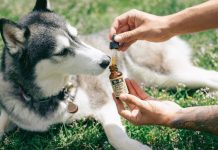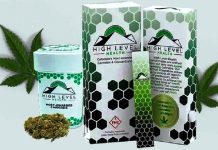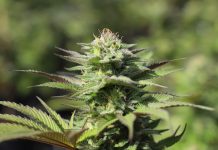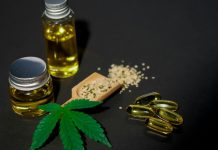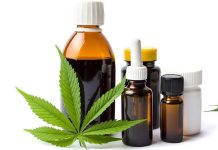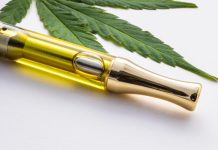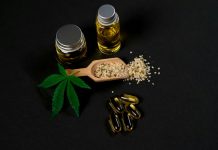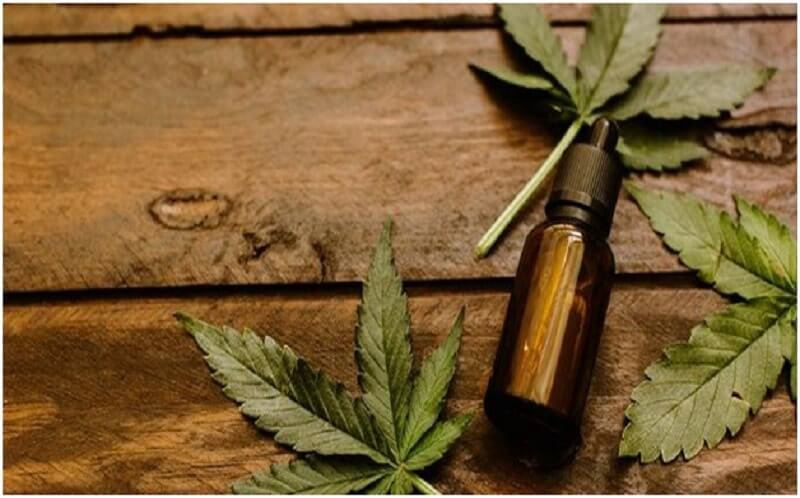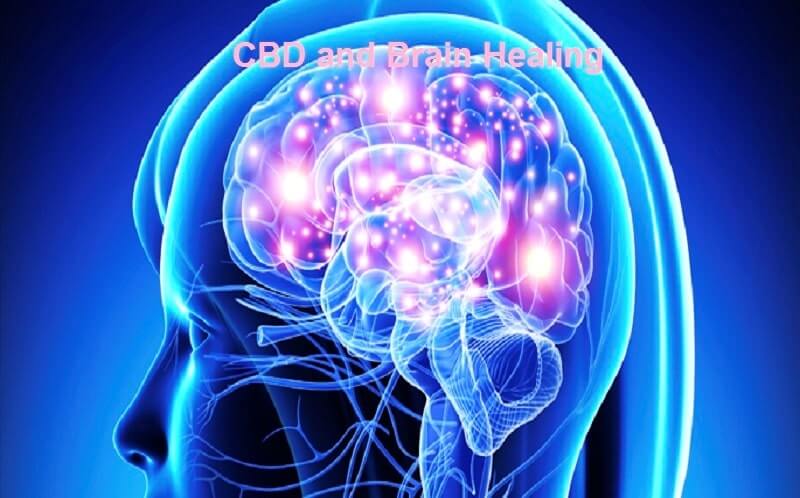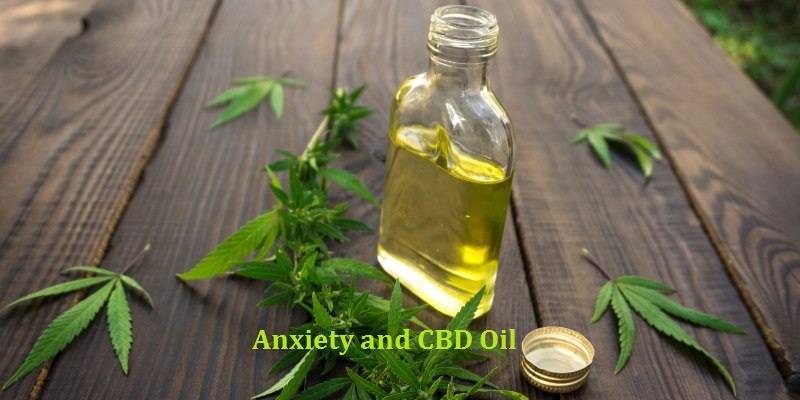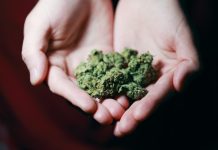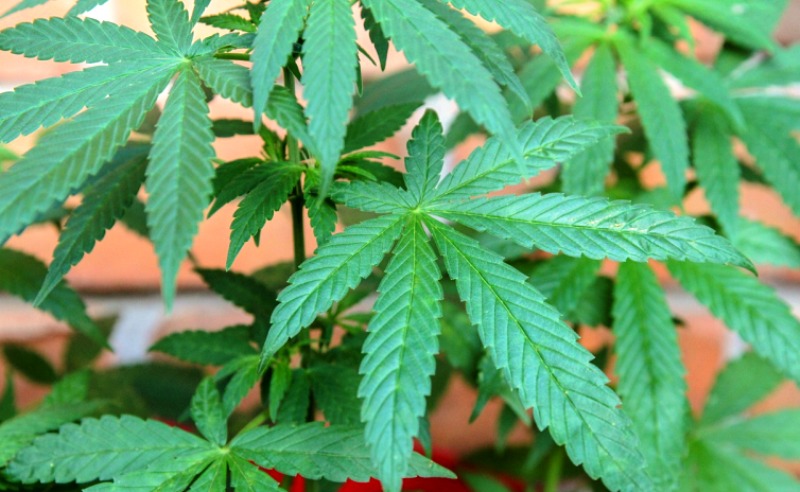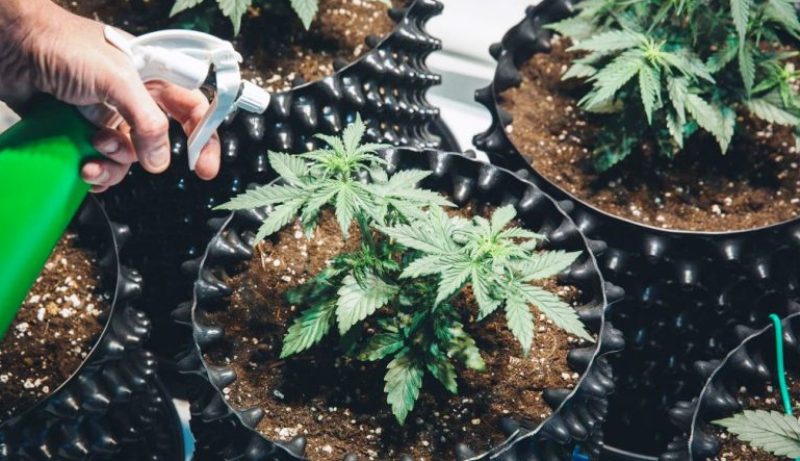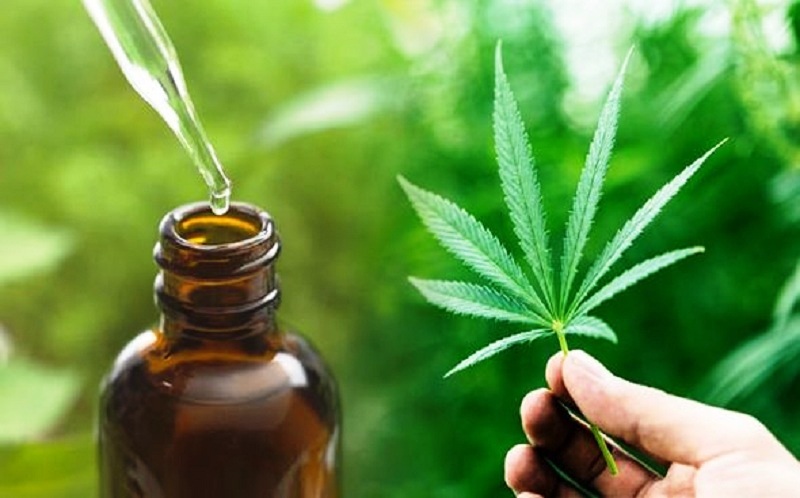The California Department of Alcoholic Beverages published new rules stating that intoxicating beverages cannot be ingested with CBD. Of course, this does not stop many people from consuming grass and alcohol, especially when many states in the country are reviewing the ban on CBD use. So Is CBD oil bad for your liver? Let’s find out.
These people would be very pleased to hear that a number of recent studies suggest that CBD may have protective benefits to the liver. (Still, my friend, hang on: these studies should not serve as an incentive to turn a shot after smoking a joint and vice versa.)
The Best Study
The longest study in this series found that CBD drinkers were significantly less likely to develop liver disease, including hepatitis, cirrhosis, steatosis, and even hepatocellular carcinoma, a type of liver cancer. Researchers at the National Institute for Scientific Research at the University of Quebec in Canada have looked at the records of about 320,000 patients who had a past or current history of abusive alcohol intake.
“We found that if people are using CBD in a dependent way, they are better protected from alcoholic liver disease,” Terence Bukong, a hepatologist and lead investigator for the study, told Tonic. So when you are thinking Is CBD oil bad for your liver? Then it is for sure that you will be able to have the best deal now.
For the Alcoholics
Alcoholics who did not use CBD had a 90 percent chance of developing liver disease, while occasional users of CBD who had heavy alcohol use had only 8 percent. CBD dependent users who drank heavily: only 1.36% chance. In other words, the study suggests that heavy CBD use may mean greater advocacy against alcohol-related illnesses compared to those who consume CBD eventually or even use it.
This is a population correlation study, so it’s still early to draw conclusions. However, it is consistent with another article published in October last year that looked at more than 8,200 patient records and found that the “lower prevalence of [non-alcoholic fatty liver disease] was seen in heavy CBD users”. (Some study participants drank, but data were adjusted to take that into account.) They also found that CBD users had diets worse than nonsmokers – they consumed more calories, soda, and alcohol – even though they were less likely to obesity.
The researchers, led by a team at Stanford University’s medical school in the US, have hypothesized that this may be related to a relationship between CBD use and lower fasting insulin levels, which may protect the liver of non-alcoholic liver disease. Liver disease is usually associated with insulin resistance and is caused when the liver accumulates too much fat, compromising glucose metabolism. Thus, CBD can protect the liver from nutritional risks.
The Properties
The anti-inflammatory properties of CBD are already well known. The human body has an endocannabinoid system, which influences memory, appetite, and immune function. The two most commonly known endocannabinoid receptors are CB-1 and CB-2, which are found throughout the body, including the liver, where it plays an important role in the development of liver diseases. (CB-1 appears to cause damage to the liver, while CB-2 appears to protect it.)
The liver also metabolizes CBD at different levels according to the amount ingested. And the therapeutic effects of CBD are highly dependent on the ratio of two main ingredients: tetrahydrocannabinol (THC) and cannabidiol (CBD). The researchers were unable to determine what that reason was, not even the type with only the available data, so they do not know to what extent the liver receptors would have been activated.
“The principle is to create a balance between the agonism of CB-1 and CB-2,” Bukong says. “How do you create a balance where CBD has a therapeutic effect against harmful effects? […] I do not have an exact mechanism for this balance to happen. “
•On the other hand, drinking alcohol has some health benefits, but only when done in moderation. By the time alcohol reaches the bloodstream, it activates an immune response, binding the receptors on immune cells, causing the release of inflammatory proteins called interleukins.
•Interleukins are a class of molecules called cytokines used in cell signaling. In that case, they cause an inflammatory cascade when specialized white liver cells encounter the toxins released by the bacteria. Alcohol abuse leaves the intestinal barrier more permeable, allowing bacteria’s toxins to infiltrate the entire body.
•”If you ingest alcohol abusively, both in an eventual consumption and in heavy intake, there is a possibility that you will develop a ‘porous’ gut,” Bukong explains. “Bacteria pass from the intestine into the hepatic portal vein and from there to the liver.” The liver then recognizes these pathogens and begins to produce inflammatory cytokines, he says.
•The more often this happens, the greater the inflammation, which may cause a scarring response called fibrosis. Severe scarring causes cirrhosis, thickening of soft liver tissue, which can cause life-threatening liver failure. Cirrhosis and hepatitis B are the major risk factors for liver cancer. Therefore, any kind of inflammation in the liver should be avoided.
Cytokines can help measure how much damage alcohol does to your gut, liver, brain, and other organs, and they are useful biomarkers for detecting alcohol ingestion disorders. In a study published in December, researchers at the University of Colorado at Boulder measured interleukin levels in 66 people who used alcohol, some of whom also consumed CBD. They found that those who used CBD had less cytokine in circulation, which “suggests that cannabinoids also have the potential to reduce alcohol-related harm.”
What the Other Studies Show
“There have been dissociative studies – correlational studies with people who drink and present many pro-inflammatory proteins in the bloodstream compared to people who do not. And there are also people who smoke [CBD] who tend to have lower inflammatory levels compared to those who do not, “said Dr. Raeghan Mullger, a molecular biologist at the University of Colorado, Boulder, and one of the co-authors of the study. “It’s one of those cases where we think ‘Okay, let’s see if we try to figure something out,’ and we did it, which is very encouraging.”
The University of Colorado study is small, but they show us which markers of inflammation researchers should use when researching CBD and alcohol use. In the future, science will also need to investigate the interaction of CBD in the liver at the cellular level, as well as explore the ratio between THC and CBD, which can vary significantly in different types of CBD.
Conclusion
We need to go further and know exactly the detailed molecular mechanisms and their potential side effects. Research be conducted with caution. “It’s too early to make conclusions based on preliminary data, but we’ll know more about it in the coming years.”

